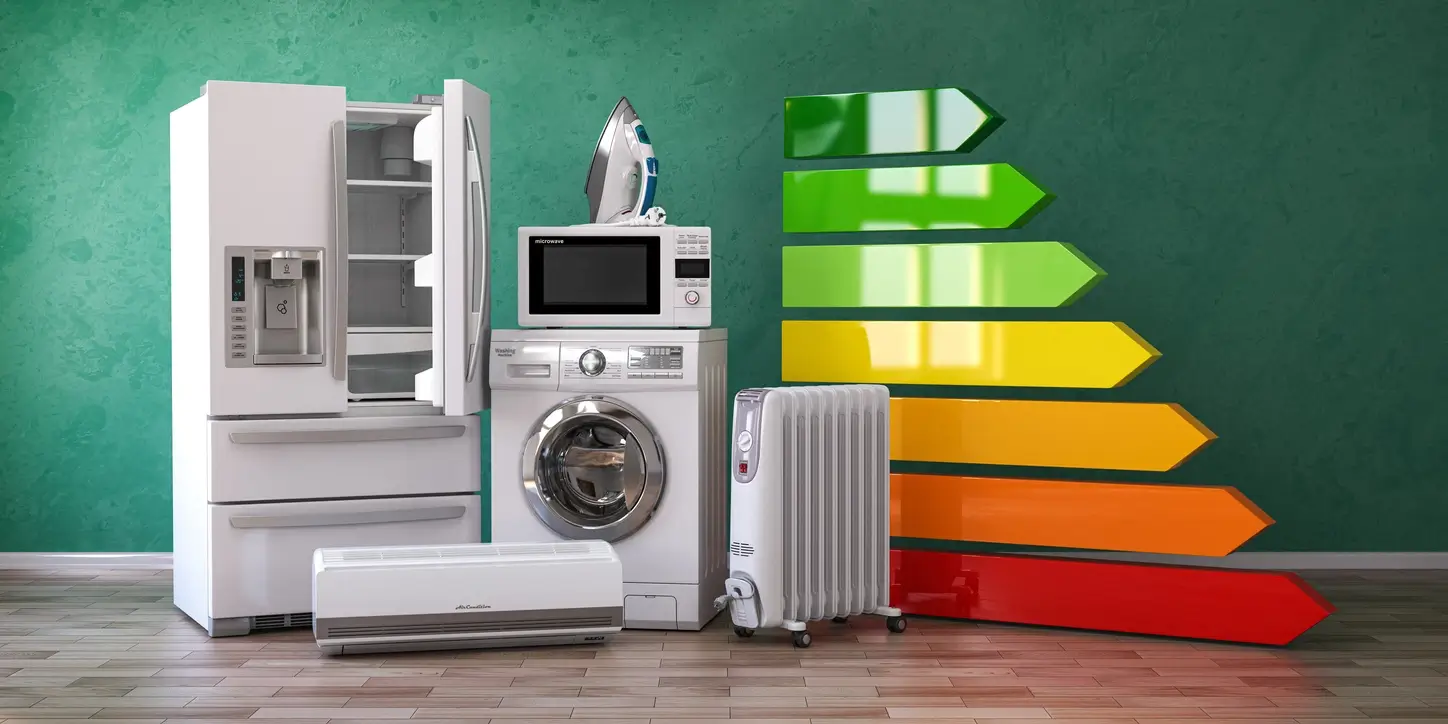Energy-Efficient Appliances: Top Picks for 2025
As we move into 2025, the demand for energy-efficient appliances continues to rise. With the growing concern over climate change and the increasing cost of energy, people are more conscious than ever of the importance of choosing appliances that not only save money but also help reduce their carbon footprint. Energy-efficient appliances use less power to perform the same tasks, which benefits both the environment and your wallet. Here are some of the top picks for energy-efficient appliances that will dominate in 2025.
- Smart Refrigerators
The refrigerator is one of the most essential appliances in any home, and innovations in smart refrigerators have made them more energy-efficient than ever before. In 2025, we can expect refrigerators that adjust their cooling cycles based on usage patterns and weather conditions. Some models will even allow remote monitoring through smartphone apps, ensuring that your fridge is always running efficiently. Leading brands like Samsung and LG are already ahead in integrating AI and energy-efficient compressors into their refrigerators. These features not only improve energy consumption but also enhance the longevity of the appliance. - Induction Cooktops
Induction cooktops are gaining popularity for their speed and precision, but they are also incredibly energy-efficient. Unlike traditional gas or electric stoves that heat the air around the pot, induction cooktops use electromagnetic energy to directly heat the cookware, reducing wasted heat. This means that cooking takes less time and uses less energy. As cooking trends lean more toward fast and precise meal preparation, induction cooktops will become a must-have in 2025. - Heat Pump Water Heaters
Traditional water heaters can consume a lot of electricity to maintain water temperature. Heat pump water heaters are a game-changer. These devices work by transferring heat from the surrounding air or ground to heat water, rather than generating heat through electricity or gas. They are highly efficient and can cut energy consumption by as much as 50%. By 2025, expect more homes to install heat pump water heaters as they offer a sustainable solution to water heating needs. - Energy-Efficient Dishwashers
Modern dishwashers are becoming increasingly energy-efficient by using less water and energy to clean dishes effectively. In 2025, dishwashers will incorporate more advanced features such as soil sensors, which adjust the wash cycle based on how dirty the dishes are, and improved insulation to keep water hot without losing heat. These features help reduce both water and energy usage, making dishwashers an essential part of any eco-friendly home. - AI-Enhanced Washing Machines
Washing machines have evolved beyond simple washing cycles. In 2025, AI-enhanced washing machines will be able to analyze load sizes, fabric types, and dirt levels to automatically adjust washing parameters for optimal energy usage. These machines will also feature smart sensors to ensure that only the necessary amount of detergent and water are used, which significantly reduces waste. - Solar-Powered Appliances
Solar-powered appliances are on the rise and will be an essential part of energy-efficient homes in 2025. From solar-powered refrigerators to washing machines and even air conditioners, these appliances harness solar energy to reduce reliance on traditional energy sources. With advancements in solar panel efficiency and battery storage technology, solar-powered appliances will become more practical and affordable for everyday use. - Energy-Efficient Air Conditioners
Air conditioners are notorious for consuming large amounts of energy, especially during the summer months. In 2025, we’ll see more energy-efficient air conditioners equipped with inverter technology, which allows the compressor to adjust its speed according to cooling demands, rather than operating at full capacity all the time. Additionally, smart thermostats and motion sensors will optimize the cooling process, ensuring that energy is not wasted when rooms are unoccupied.
Conclusion
The future of home appliances in 2025 is focused on sustainability and efficiency. With advancements in smart technology, renewable energy integration, and innovative design, the energy-efficient appliances of tomorrow will provide greater convenience, reduce environmental impact, and help consumers save on energy bills. Investing in energy-efficient appliances now not only improves your home's performance but also contributes to a greener and more sustainable future.
